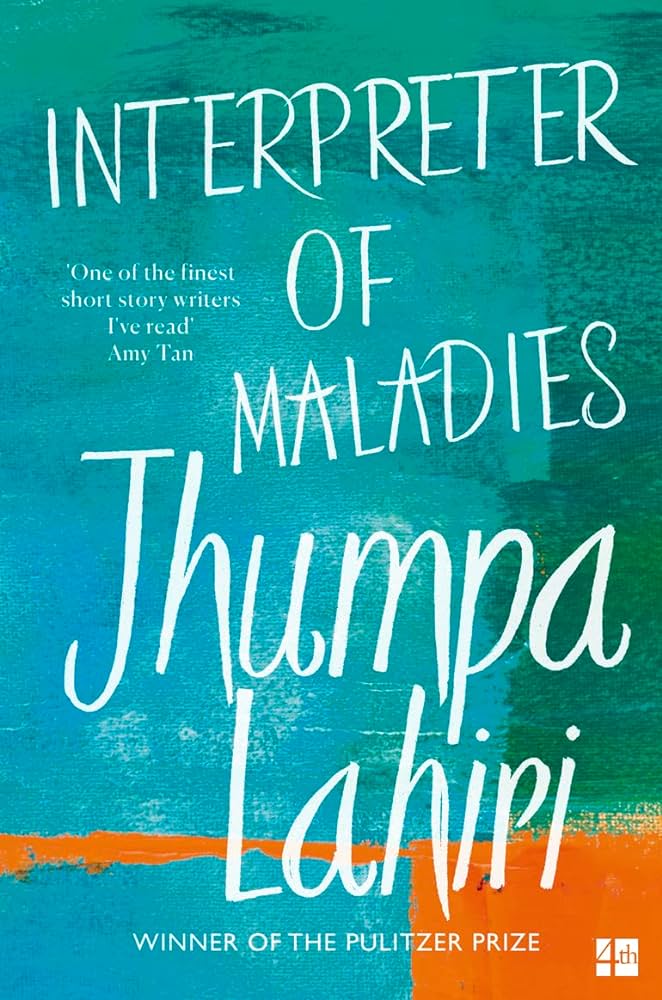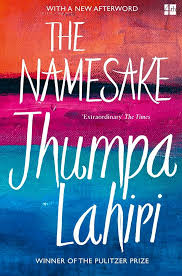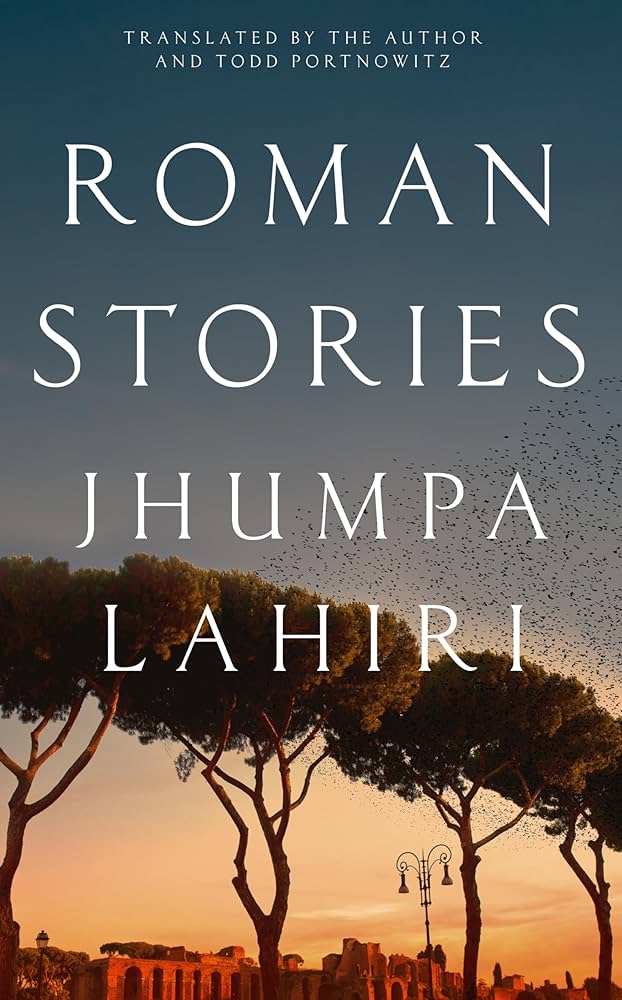


Jhumpa Lahiri – Angst, Identity and Ownership
“…But so romantic," Mrs Das said dreamily, breaking her extended silence. She lifted her pinkish brown sunglasses and arranged them on top of her head like a tiara. For the first time, her eyes met Mr. Kapasi’s in the rearview mirror: pale, a bit small, their gaze fixed but drowsy…” I had read Pulitzer winning Bengali-American writer, the undisputed queen of immigrant angst of our times, Jhumpa Lahiri’s Interpreter of Maladies many, many years ago. I remember being able to picture the absent-minded Mrs Das with her NRI sunglasses, her strawberry blouse, her oversized straw bag - like so many of my visiting second-generation Indian-American cousins from an 80s childhood - their foreign-sounding accents, scented chewing gums and lip gloss, their ability to see the exotic and the ‘romantic’ in our mundane, and their haunting confusion of belonging. Jhumpa brought their fascinating, undercover, mystifying and unclear psychological world alive for me when I started to read and devour her books as I finished college and began my adult life, waiting in anticipation, when I would hear on the publishing grapevine, which I had first-hand access to, that a new book was on the anvil.
In the same way that Mrs Das elevates Mr Kapasi, a doctor’s assistant, who translated the ailments of Gujarati patients for his boss, to an ‘interpreter of maladies’, Jhumpa too brings in a bittersweet tinge, a limpid grace, through the beauty of her easy-flowing prose, to ordinary memorabilia. Like Ashima reminisces in The Namesake - “…it is nine and a half hours ahead in Calcutta, already evening, half past eight. In the kitchen of her parents' flat on Amherst Street, at this very moment, a servant is pouring after-dinner tea into steaming glasses, arranging Marie biscuits on a tray. Her mother, very soon to be a grandmother, is standing at the mirror of her dressing table, untangling waist-length hair, still more black than grey, with her fingers. Her father hunches over his slanted ink-stained table by the window, sketching, smoking, listening to the Voice of America. Her younger brother, Rana, studies for a physics exam on the bed. She pictures clearly the grey cement floor of her parents' sitting room, feels its solid chill underfoot even on the hottest days.” You can picture the scene – celluloid-clear – the familiarity of a middle-class Kolkata home lit up by the iridescence of gentle and poignant reflection – Jhumpa’s signature and on-point description of the overpowering weight of homesickness.

To me, Mr Kapasi, with his passion for European languages and his dreams of becoming a simultaneous interpreter, feeds into Jhumpa’s own hunger for a foreign tongue. Mr Kapasi’s ambition went unfulfilled, but Jhumpa has masterfully navigated an ‘other’ language. I often wonder - is this too not her innate desire to trace the length and breadth of how far can one stray from one’s roots? How variegated can we make our own identity? How much, despite how far we travel, does the sharp tooth that bridges the paraphernalia of our childhood experiences and our adult realities, wedge itself in?

Nothing is as pointed a reminder of how far you have come from home than trying to own a stranger’s tongue. As Jhumpa writes in the evocative and autobiographical In Other Words, which she wrote entirely in Italian - a language is as vast as an ocean; the most a foreigner can ever hope to make of it is the size of a lake. She compares her Italian to a piece of “unsalted bread,” with all ingredients but lacking flavour.

Why does she then banish English, her forte and her strength, move lock, stock and family to Rome to cross a linguistic chasm, wide and seemingly unassailable? Was it because she fell in love with another tongue?
She says, “When you’re in love, you want to live forever. You want the emotion, the excitement you feel to last. Reading in Italian arouses a similar feeling in me. I don’t want to die, because my death would mean the end of my discovery of the language. Because every day there will be a new word to learn. Thus true love can represent eternity.”
Her latest, Roman Stories, a collection of nine stories, depicts a very different Rome than what I had expected. In it too, runs the strain of displacement - none of the protagonists, city residents - ever feel at home. Rome is both Paradiso and Inferno – tantalising and torturous, alien and welcoming, callous and caring. In The Delivery, a young woman of colour is shot by a stray scooterist as she is on her way back from a post office, in Well-Lit House, a displaced refugee is trying to eke out a living with his family in a hostile neighbourhood, finally driven out of his well-lit flat by brutal, malicious ‘ravens’.

In The Namesake, when I read the exquisite detailing in Gogol’s and Moushumi’s carefully curated Indian wedding that takes place in a suburban American Double Tree - the embroidered ‘panjabi’ for the groom, the mountains of tandoori gobi in silver cauldrons, the coils of gold necklaces on Moushumi’s neck, her rebellion to this enforced ethnicity when she bronzes her bare shoulders in a strappy Baranasi gown at her reception - I found a startling similarity with branches of my own family in America – exiles who painstakingly held on to a Calcutta of the 60s, making their children totter on the edge of a rigid value system which had no resonance even for us, who grew up in a much more modern and liberal India. The Jhumpa of Roman Stories is both different and similar to that of The Namesake – in the former, even as she debuts as a political commentator – a writer outraged by Italy’s far right zealots and their mania towards whom they consider foreign, she characteristically contours her writing with an understated eloquence that brings to focus the disquietude of the exile, something that has defined her narratives over the years.
Jhumpa Lahiri will be speaking at JLF North Carolina on 27-28 September 2024. If you haven’t booked your spot, do so now at https://jlflitfest.org/north-carolina/city-registrations.



Leave a comment